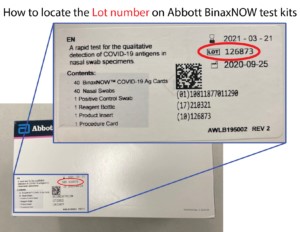Exciting transformation is coming for the Level of Care (LOC) process effective 10/31/2021! Our current LOC Process (many of us have referred to as the DA124 A/B forms) is undergoing major changes!
Here are some of the highlights:
The application process will all be ELECTRONIC. You will fill out and submit forms online on the COMRU website at https://health.mo.gov/seniors/nursinghomes/pasrr.php. For example, the forms will be able to be sent from the hospital to the nursing home to COMRU, all in one system. This electronic link will be available starting October 29, 2021. COMRU will not process these application until November 1, 2021.
The process of evaluating Level of Care will also change. New areas will be evaluated and previous areas will be changed in order to provide the best assessment for determining Level of Care. You can read about the new process in the proposed Regulation at 19 CSR 30-81.030, https://health.mo.gov/about/proposedrules/, which will go into effect on 10/31/2021.
To help facilities prepare for these changes, COMRU hosted a webinar on 10/28/2021. The recorded version of the New LOC Webex Training may be found on the COMRU webpage. A Q & A document from this webinar is also available.
Additionally, COMRU will be hosting a follow-up Webex training for the LOC Transformation. Details below:
November 19, 2021 at 10:00 a.m.
When it’s time, join your Webex meeting here – Join meeting
Join from the meeting link
https://stateofmo.webex.com/stateofmo/j.php?MTID=m0f8dc5933c03862f60654e49cfb9a1dd
Join by meeting number
Meeting number (access code): 2466 296 8040
Meeting password: A2CaeX3FZP9
Join by phone
1-650-479-3207 Call-in toll number (US/Canada)
+1-312-535-8110 United States Toll (Chicago)

